Refine listing
Actions for selected content:
2251 results in Cambridge Elements
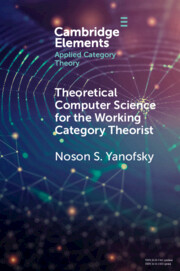
Theoretical Computer Science for the Working Category Theorist
-
- Published online:
- 25 January 2022
- Print publication:
- 03 March 2022
-
- Element
- Export citation
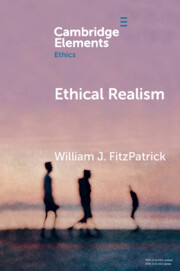
Ethical Realism
-
- Published online:
- 25 January 2022
- Print publication:
- 17 February 2022
-
- Element
- Export citation
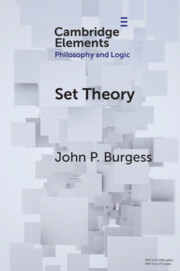
Set Theory
-
- Published online:
- 21 January 2022
- Print publication:
- 10 March 2022
-
- Element
- Export citation
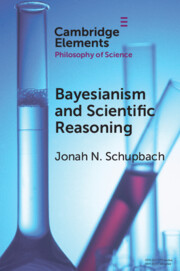
Bayesianism and Scientific Reasoning
-
- Published online:
- 21 January 2022
- Print publication:
- 31 March 2022
-
- Element
- Export citation
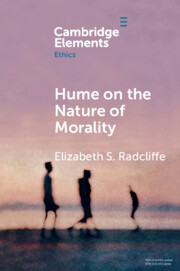
Hume on the Nature of Morality
-
- Published online:
- 18 January 2022
- Print publication:
- 10 February 2022
-
- Element
- Export citation
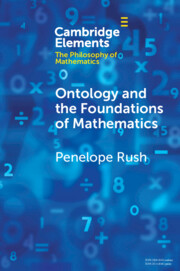
Ontology and the Foundations of Mathematics
- Talking Past Each Other
-
- Published online:
- 17 January 2022
- Print publication:
- 10 February 2022
-
- Element
- Export citation
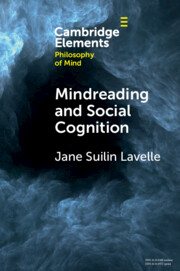
Mindreading and Social Cognition
-
- Published online:
- 17 January 2022
- Print publication:
- 10 February 2022
-
- Element
- Export citation
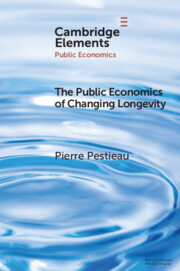
The Public Economics of Changing Longevity
-
- Published online:
- 12 January 2022
- Print publication:
- 10 February 2022
-
- Element
- Export citation
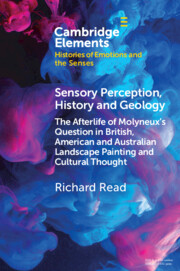
Sensory Perception, History and Geology
- The Afterlife of Molyneux's Question in British, American and Australian Landscape Painting and Cultural Thought
-
- Published online:
- 11 January 2022
- Print publication:
- 17 February 2022
-
- Element
- Export citation
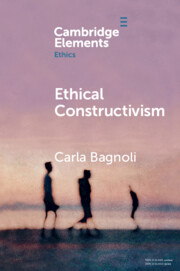
Ethical Constructivism
-
- Published online:
- 11 January 2022
- Print publication:
- 03 February 2022
-
- Element
- Export citation
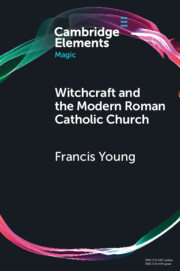
Witchcraft and the Modern Roman Catholic Church
-
- Published online:
- 04 January 2022
- Print publication:
- 27 January 2022
-
- Element
- Export citation
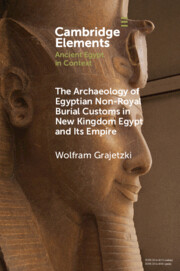
The Archaeology of Egyptian Non-Royal Burial Customs in New Kingdom Egypt and Its Empire
-
- Published online:
- 27 December 2021
- Print publication:
- 03 February 2022
-
- Element
- Export citation
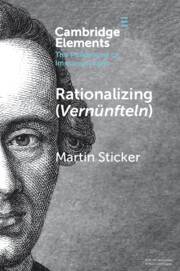
Rationalizing (Vernünfteln)
-
- Published online:
- 24 December 2021
- Print publication:
- 20 January 2022
-
- Element
- Export citation
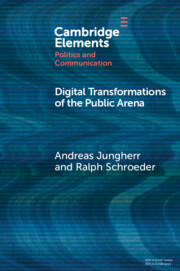
Digital Transformations of the Public Arena
-
- Published online:
- 23 December 2021
- Print publication:
- 27 January 2022
-
- Element
- Export citation
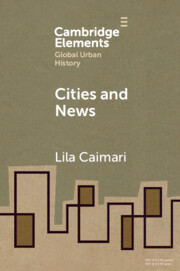
Cities and News
-
- Published online:
- 23 December 2021
- Print publication:
- 10 March 2022
-
- Element
- Export citation
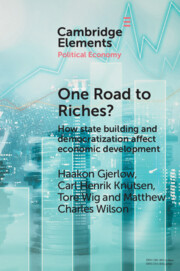
One Road to Riches?
- How State Building and Democratization Affect Economic Development
-
- Published online:
- 22 December 2021
- Print publication:
- 07 April 2022
-
- Element
- Export citation
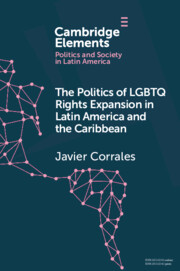
The Politics of LGBTQ Rights Expansion in Latin America and the Caribbean
-
- Published online:
- 22 December 2021
- Print publication:
- 07 April 2022
-
- Element
- Export citation
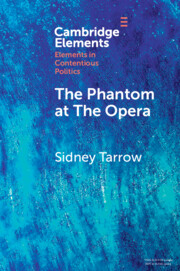
The Phantom at The Opera
- Social Movements and Institutional Politics
-
- Published online:
- 22 December 2021
- Print publication:
- 27 January 2022
-
- Element
- Export citation
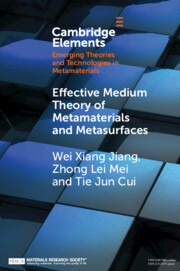
Effective Medium Theory of Metamaterials and Metasurfaces
-
- Published online:
- 21 December 2021
- Print publication:
- 03 February 2022
-
- Element
- Export citation
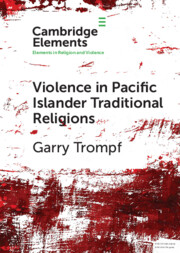
Violence in Pacific Islander Traditional Religions
-
- Published online:
- 21 December 2021
- Print publication:
- 27 January 2022
-
- Element
- Export citation
